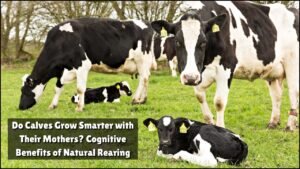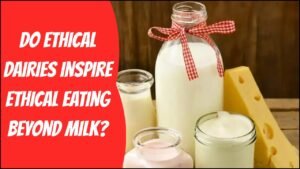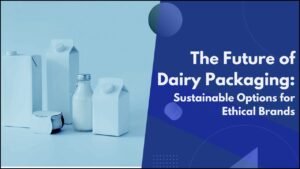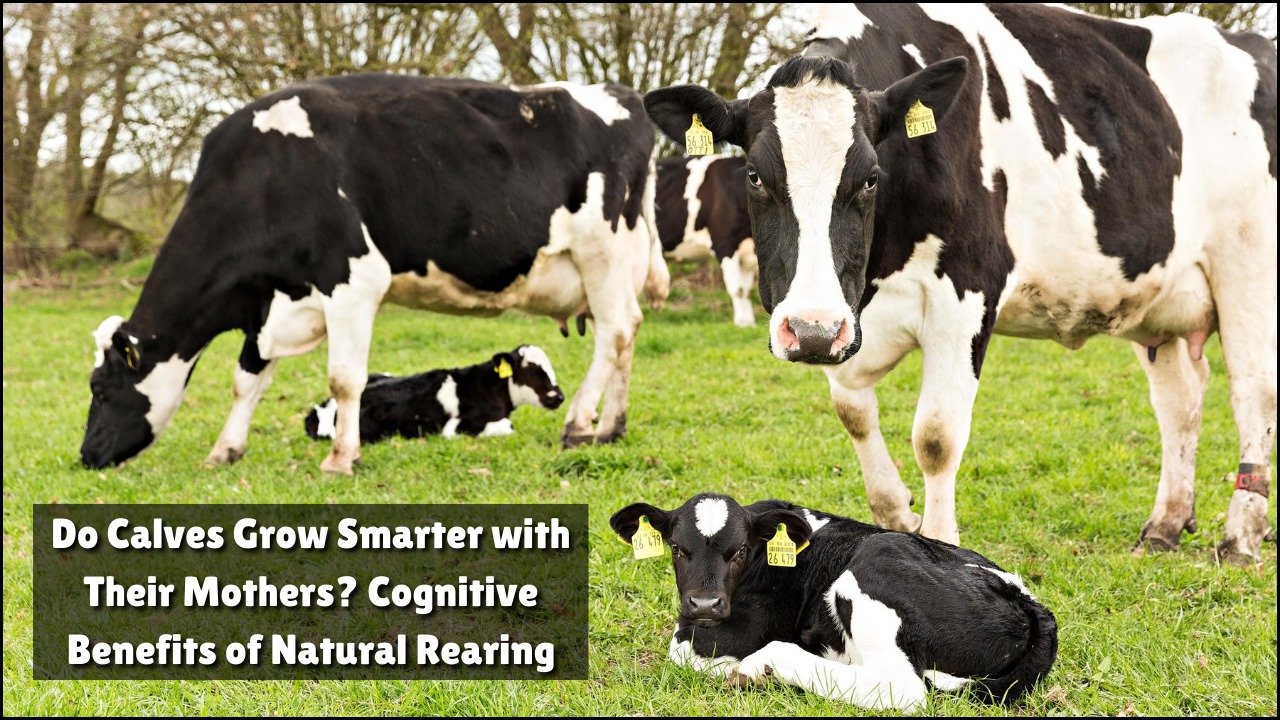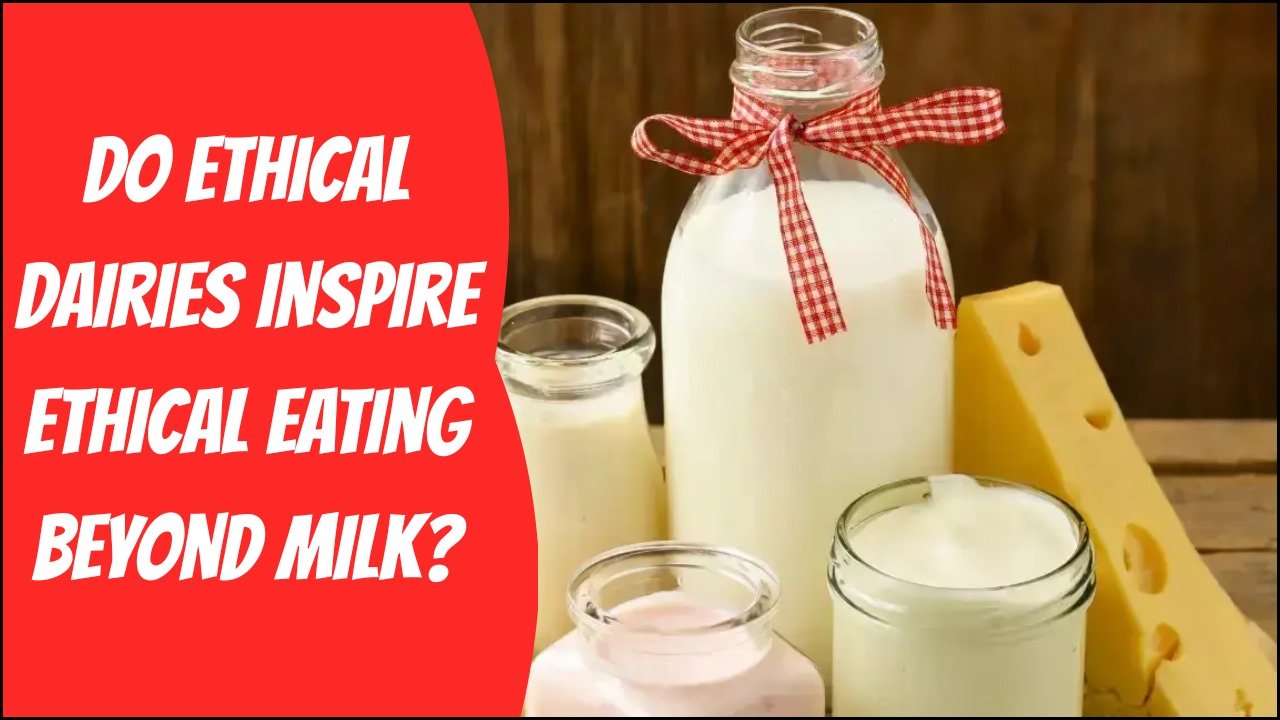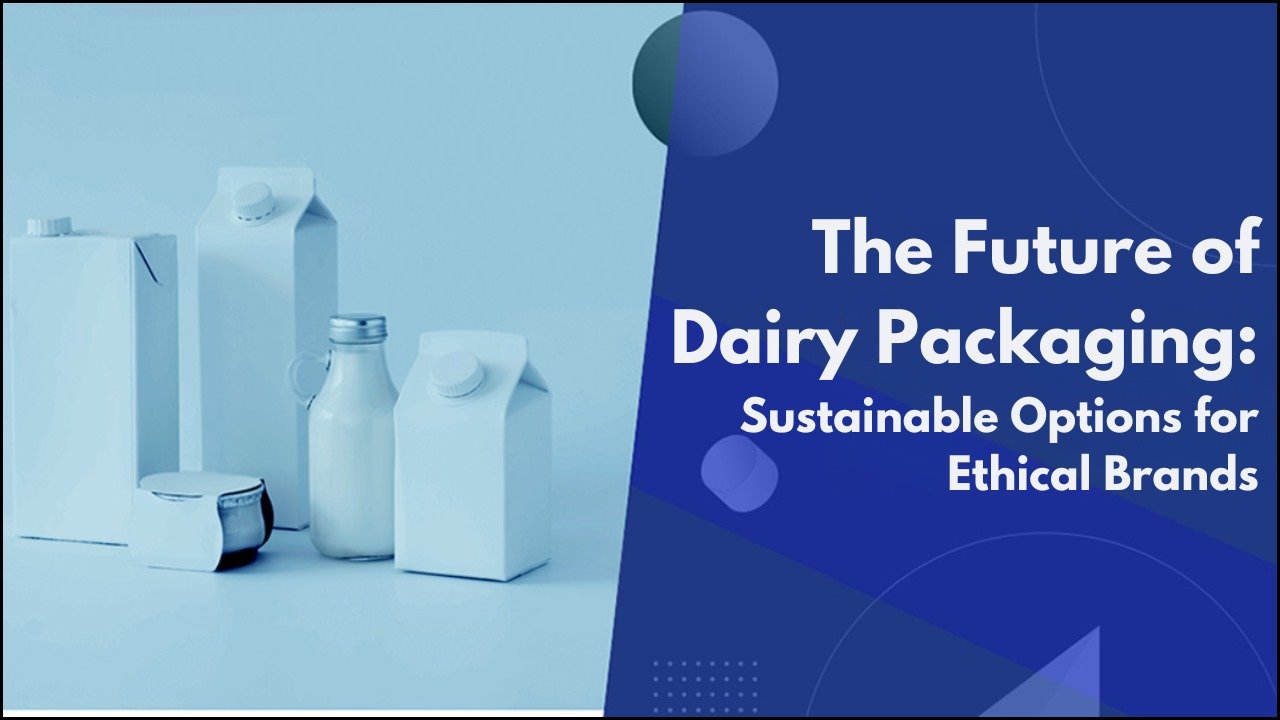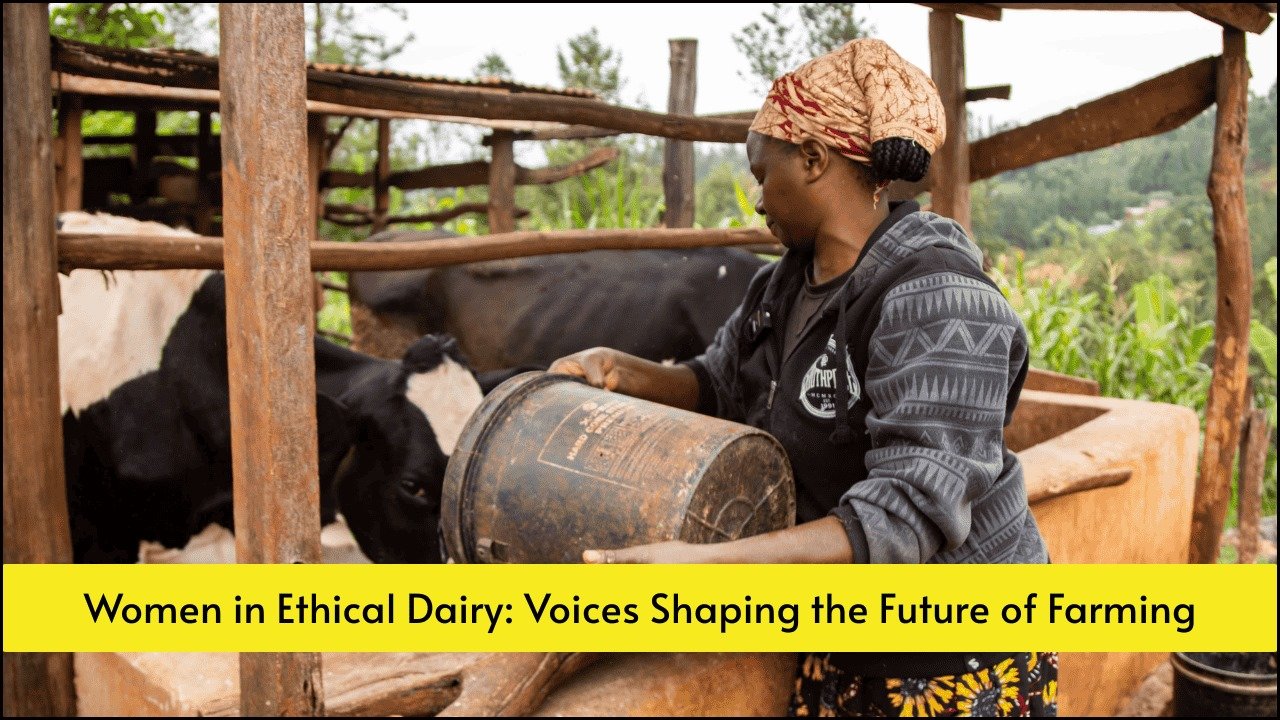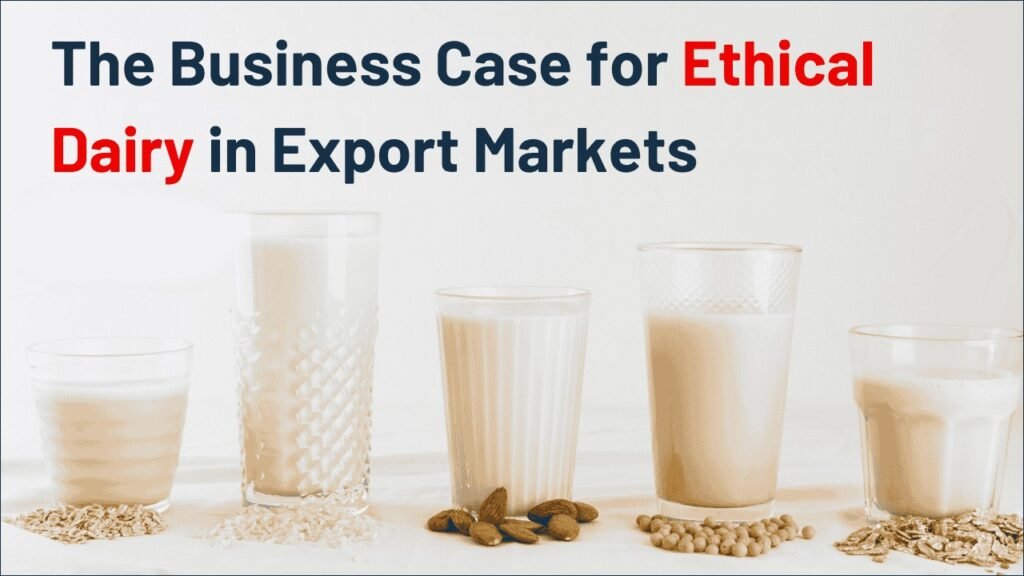
Scotland’s dairy sector is uniquely positioned to carve a niche in the premium international market by championing ethical, welfare-led milk production. With increasing consumer awareness about food origins, environmental responsibility, and animal welfare, Scottish ethical dairy products could command a distinct advantage over conventional competitors.
Table of Contents
Growing Demand for Ethical Products Globally
Global consumers are increasingly willing to pay more for products that align with their values. According to market surveys, buyers in high-income regions like Western Europe, North America, and parts of Asia often seek out dairy that is environmentally responsible, hormone-free, and animal-welfare certified.
In this environment, Scottish dairies with practices such as cow-with-calf systems, reduced antibiotic usage, and low-carbon operations can position themselves as leaders. These features not only meet ethical criteria but also provide compelling stories for marketing campaigns.
Overview
| Factor | Opportunity | Challenge |
|---|---|---|
| Consumer Trends | Rising demand for ethical, welfare-led dairy in global markets | Need for proof via certifications |
| Unique Selling Points | Clean environment, heritage breeds, sustainable farming | Scaling production without losing quality |
| Pricing Potential | Ability to command premium prices | Competition from other premium dairy exporters |
| Market Access | Interest in Asia, North America, and Europe | Tariffs, trade regulations, logistics costs |
| Marketing Channels | Digital campaigns, storytelling, food tourism | Requires investment in branding and outreach |
Scotland’s Unique Selling Proposition (USP)
The Scottish dairy industry benefits from:
- Pristine natural environment – clean air, lush pastures, and abundant rainfall contribute to high-quality milk.
- Heritage breeds and traditional farming methods – these enhance flavour profiles and authenticity.
- Government support for sustainability – policies are evolving to promote greener, welfare-led production.
These attributes are highly valued in overseas markets where “origin” and “storytelling” drive purchasing decisions.
Premium Pricing Potential
While conventional dairy faces tight margins due to price competition, ethical dairy can achieve premium price points. For example, markets in Japan, South Korea, and Singapore often pay more for imported goods with verified welfare and quality credentials.
This strategy depends on effective branding. Packaging that highlights the welfare-led story, Scottish provenance, and eco-friendly credentials can help justify higher retail prices and build customer loyalty.
Export Challenges and Considerations
Despite the opportunities, several hurdles remain:
- Certification and verification – International buyers demand proof of welfare claims through credible certification schemes.
- Supply chain reliability – Export markets require consistent supply and quality, which small-scale ethical dairies must plan for.
- Trade barriers and costs – Tariffs, shipping fees, and post-Brexit trade complexities can affect competitiveness.
To succeed, producers may need to collaborate, share logistics, and pursue collective branding to ensure scale and stability.
Leveraging Digital and Tourism Synergies
Digital marketing offers cost-effective ways to reach overseas buyers. Social media campaigns showcasing farm life, sustainability practices, and the human side of dairy production can resonate with ethically minded consumers.
In addition, food tourism presents another avenue. Visitors to Scotland often seek premium local products to take home, acting as brand ambassadors in their own countries. This word-of-mouth marketing can indirectly boost export demand.
FAQs
Q1: What makes Scottish ethical dairy products attractive to overseas markets?
A = They combine high animal welfare standards, sustainable production, heritage breeds, and Scotland’s clean, natural environment—offering authenticity and quality that appeals to premium buyers.
Q2: Can small-scale ethical dairies meet export demands?
A = Yes, but they often need to collaborate to ensure consistent supply and meet international quality and certification requirements.
Q3: Which countries are most likely to import Scottish ethical dairy?
A = High-income markets such as Japan, Singapore, South Korea, the USA, and certain European countries with strong demand for premium and ethical products.

